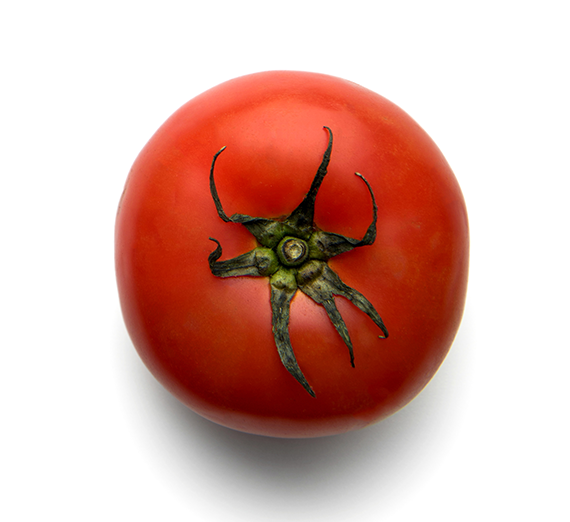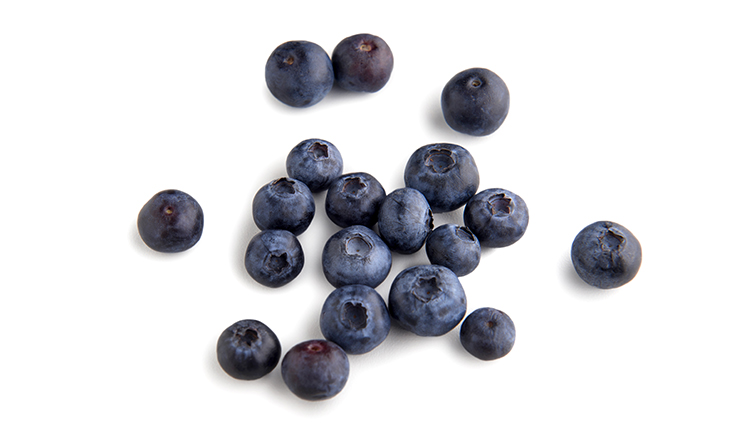Table Talk: Healthy Bites

Gonzaga Magazine asks Neva Crogan, professor of nursing (Ph.D. in nutrition) for input on some of today's food fads, as well as practical advice for all of us.
Q: In the last several years, we’ve seen a huge increase in gluten-free products. Why the craze?
A: First, celiac disease (treated with a gluten-free diet) is real. Although it affects only about 1 percent of the population, those are individuals who cannot metabolize grains without digestive problems. However, a much larger segment of our population – 1 in 5 people – wants to reduce or eliminate gluten. Why is that? Overconsumption of processed foods leads to inflammation and its related troubles, from skin and joints to the GI tract and heartburn.
If you’re going to eat breads and pasta, eat whole wheat or whole grain.
Q: Smoothies are increasingly popular. What should we watch for with these?
A: The American Dietetic Association recommends that we all get at least five servings of fruits and veggies a day, and smoothies can be an easy way to do that, especially if the whole fruit is actually used in the blend.
Beware of high calories and sugar content though – check the label.
Q: You’re a big fan of anti-inflammatory diets – why is that and what does it mean?
A: I have rheumatoid arthritis, so I need a proper diet to reduce inflammation of my joints. Typically, people have greater issues with their joints as they age, so an anti-inflammatory diet becomes more important, but another reason is treating high blood pressure. Things to eliminate include saccharin, sugar, red meat and alcohol
Q: More people than ever are choosing vegetarian or vegan lifestyles. Any wisdom for them in maintaining healthy eating habits?
A: Always consider your protein source when you give up meat and eggs. Nuts, beans and legumes are great sources, as well as tofu, which you can make to taste almost like anything. There are many milk alternatives for those who want to eliminate dairy from animals – almond or cashew milk, soy and coconut. The main concern with those will be to check the fat/calorie content; the key is always moderation.
Q: What have you learned while caring for geriatric patients?
A: Older adults do have issues with how they eat, and those issues did not start at age 85. Those are issues they’ve practiced their whole lives as adults or even learned as children. The old saying – “You are what you eat” – is true.
Now’s the time to change your habits if you want to change the outcomes later in life.
Q: What’s your advice on coffee and tea?
A: I’m an advocate for tea because of the antioxidants, which come from black tea. Herbal tea – especially green tea – is also shown to be very healthy. As for coffee, the research is mixed; some studies say it’s healthy and others say it’s not. It’s not a good thing to drink a whole pot a day, but one or two cups is OK.
The key will always be moderation.
Q: What’s your No. 1 tip for people of all eating habits and preferences?
A: Actually, I have two:
- Read the labels. Note the sodium and carbs, and really pay attention to the serving size. That’s key. The calories may be low for a ½ cup, but what if you want to eat 2 cups?
- Watch the temptation to overdo or eliminate any one category of foods. You’re going to have effects from that, because our bodies like balance.
Checkout choosemyplate.gov to see the recommended servings of protein, fruits, vegetables, grains and dairy for a balanced, healthy life.
Read more of Gonzaga Magazine's Table Talk issue.

